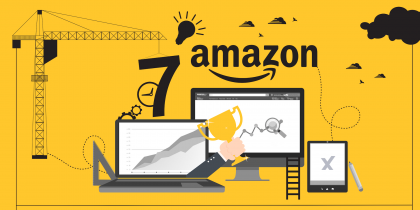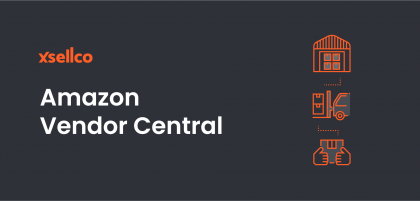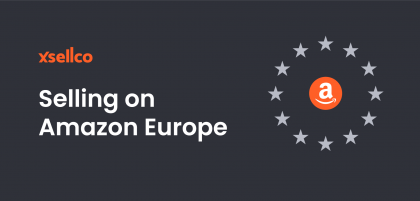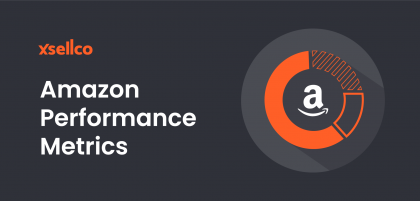Time is running out for online sellers using Amazon FBA (Fulfillment by Amazon) to take advantage of a partial amnesty from uncollected sales taxes in 23 U.S. states and Washington, D.C. Here’s what you need to know.
Why do Amazon FBA sellers need a tax amnesty?
More than half of all items sold on Amazon are goods listed by third-party merchants on the company’s marketplace. While online shoppers pay tax on items purchased directly from Amazon, they typically don’t if they order something from a third-party merchant.
The reason: a 1992 Supreme Court ruling that said retailers are only required to collect taxes on sales in states where they have nexus, which is a legal term that refers to a significant physical presence, such as a store, a warehouse or employees.
But Amazon’s FBA program complicates matters and this has prompted some states to replace the traditional approach to nexus with one that allows them to collect taxes from companies that conduct business virtually.
Once an online seller’s merchandise is stored in and shipped from an Amazon fulfillment center, that merchant is then required under several states’ existing laws to charge sales tax—and with more than 70 of those fulfillment centers in more than 20 states, thousands of third-party sellers are now liable for an estimated $2 billion in back taxes.
Related: How to handle FBA shipping and returns
How does the tax amnesty program work?
Twenty-three states as well as Washington, D.C. are part of the Multistate Tax Commission’s National Nexus Program, which launched a voluntary disclosure initiative that will allow marketplace sellers to start collecting sales tax in selected states in exchange for partial amnesty from back taxes. The program, which began accepting applications on Aug. 17, is scheduled to run through Oct. 17.
What FBA sellers should consider
Participation in this voluntary disclosure program will require FBA sellers to register to collect tax on all sales—not just the ones that happen through Amazon’s marketplace—in each of their selected states by Dec. 1, as well as any other applicable taxes, such as corporate income or franchise. In addition, sales tax rates range from as high as 7.25% in California to as low as 2.9% in Colorado, which could be challenging for small businesses that register to file in several states.
That being said, Amazon FBA sellers that don’t participate in the program run the risk of being audited and being forced to pay all uncollected sales tax out of pocket, in addition to any late fees or interest.
Why all online sellers should become compliant sooner rather than later
Minnesota and Washington recently passed laws that require companies such as Amazon and eBay to collect sales taxes on goods sold through their platforms by third-party sellers. Elsewhere, South Carolina filed a legal claim against Amazon for $12.5 million owed in back taxes, penalties and interest from third-party sales, while Massachusetts got a court order to force the company to turn over the identities of sellers doing business on its marketplace since 2012.
Are you an Amazon FBA seller? To ensure the U.S. sales tax fight affects your business as little as possible, you need to know which Amazon fulfillment centers your goods were stored in before being shipped to customers. That information is available in your seller dashboard. Once you know where your goods have been shipped from, you can ascertain whether you might owe sales tax in one or more states and whether the amnesty program is the best fit for your business. An FBA Calculator is a good way to help you to estimate your potential revenue.
If you’re worried that charging tax could increase your prices and hurt your sales, consider investing in xSellco’s automated Amazon repricing software. Not only does it reprice your inventory in real time to help you win the Buy Box, it allows you to enter your costs (including shipping and tax) and measure the net margin on your SKUs so you can always sell at a profit.
Check out the Amazon Repricer that keeps you competitive 24/7
Sign up for a 14-day trial today. No credit card needed.








